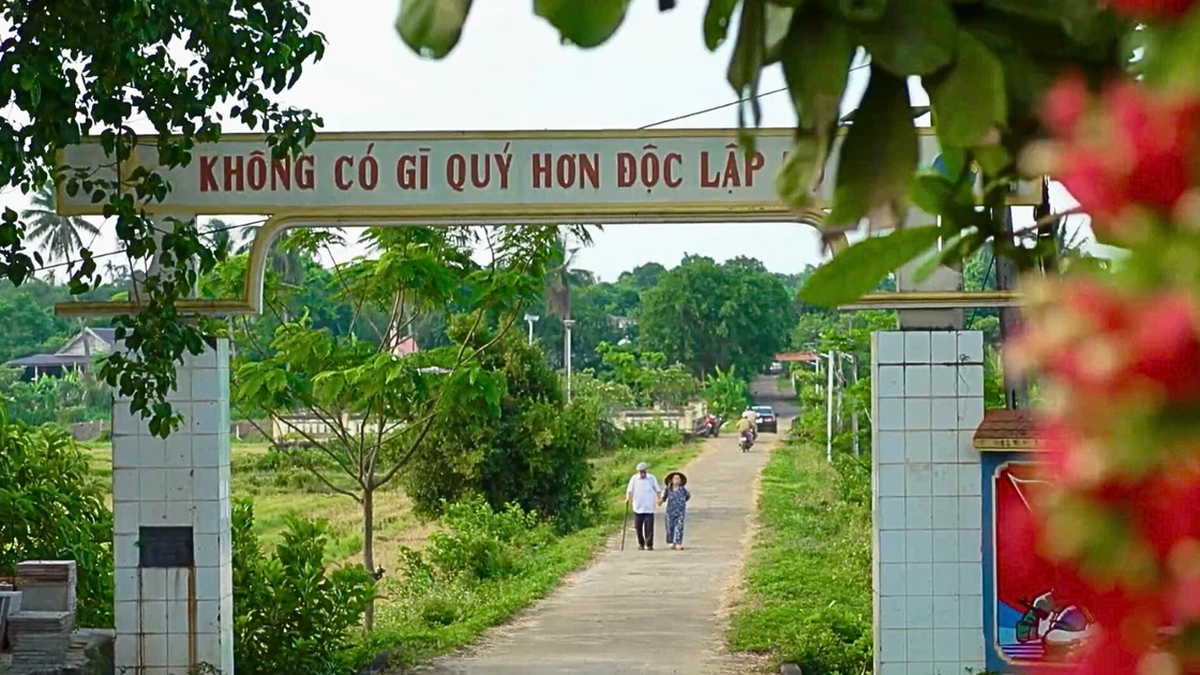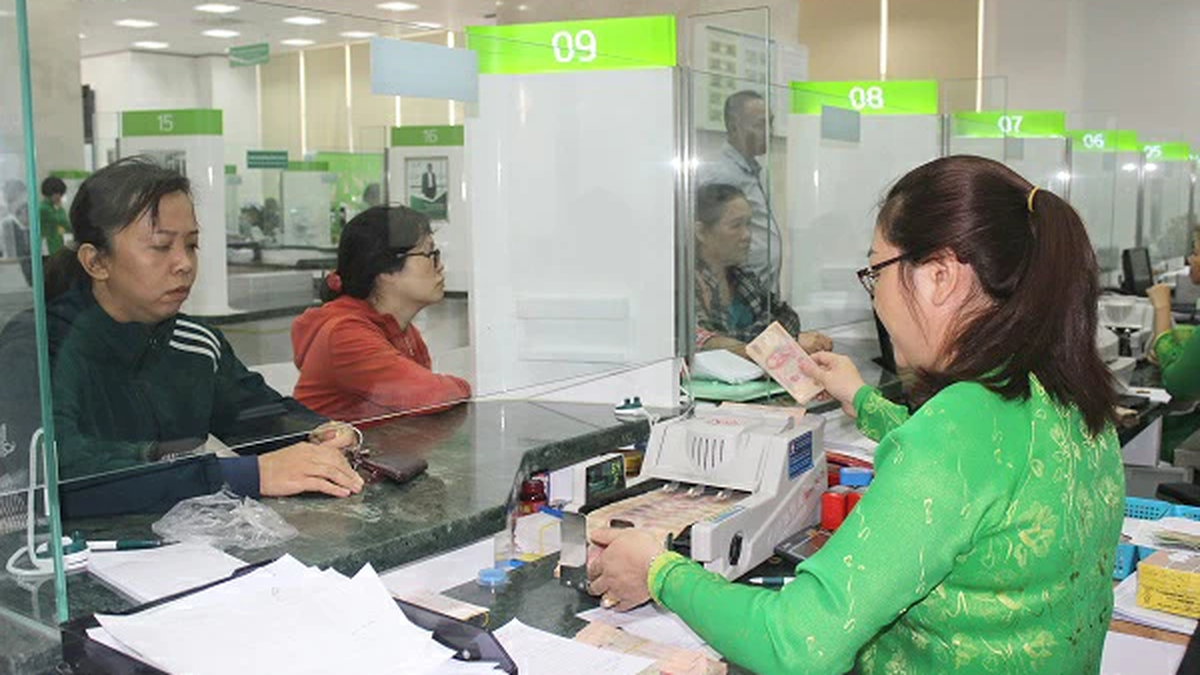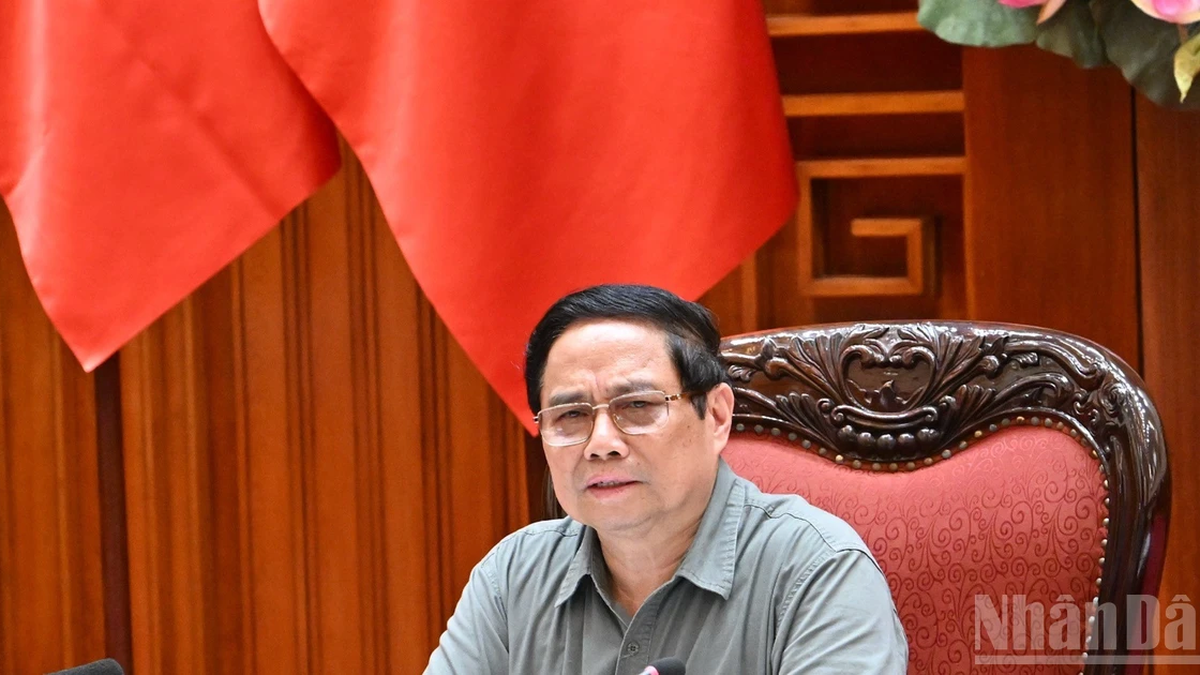It is estimated that about half a million billion dong worth of savings deposits that enjoyed high interest rates at the end of last year and the beginning of this year are about to mature.

Customers make deposit transactions at Vietnam Prosperity Joint Stock Commercial Bank. Illustrative photo: Tran Viet/VNA
In the context of continuous and prolonged declines in bank deposit interest rates, will there be a wave of money shifting from savings to other sectors? According to a quick survey by VNA reporters, as of the morning of October 15, the highest deposit interest rates in the system were listed at Vietnam Joint Stock Commercial Bank for Industry and Trade (PVcomBank) and Vietnam Development Joint Stock Commercial Bank (HDBank) at 11%/year and 8.8%/year, respectively. However, to enjoy these interest rates, individual customers must ensure a deposit balance of VND2,000 billion for PVcomBank and VND300 billion for HDBank. In fact, for deposits with balances below the above levels, the highest interest rates at popular banks are only from 5.5-6.5%/year, such as at Bao Viet Joint Stock Commercial Bank (BaoVietBank) 6.5%/year; Saigon Thuong Tin Commercial Joint Stock Bank (Sacombank) 6.2%/year; Saigon - Hanoi Commercial Joint Stock Bank ( SHB ) 6.1%/year... applied for a 12-month term. Looking back at the beginning of 2023, the highest mobilization interest rate was commonly at 9-10%/year, some banks even listed up to 12%/year. However, the trend of lowering interest rates began to be recorded from the end of the first quarter and has decreased even faster since the State Bank adjusted the operating interest rate 4 times in a row. In this context, the stock market, real estate... have many positive signals. Ms. Pham Huyen Trang, Director in charge of stock analysis - Research Center of SSI Securities Company (SSI Research) said that since the decision to cut the operating interest rate of the State Bank at the end of March, liquidity in the stock market has continuously increased. In September 2023, the average liquidity reached about VND 26,000 billion/session on all 3 floors, an increase of 135% compared to the beginning of the year, an increase of 73% compared to September last year. "With the characteristics of the Vietnamese stock market being 90% individual transactions, the strong growth in the market recently is a sign of the movement of cash flow into the stock market from other investment channels, especially in the context of low and prolonged savings interest rates as present", Ms. Huyen Trang commented. Sharing the same view, Mr. Tran Xuan Bach - Market Analysis and Strategy Expert, Bao Viet Securities Company (BVSC) assessed that from the peak of mobilization interest rates of 9-10%/year, now down to 5.5-6.5%/year, the deposit channel seems to be less attractive, the shift in cash flow will be inevitable. However, the shift depends more or less on the understanding and risk "appetite" of investors. Regarding investment channels, Mr. Bach assessed that the bond market is still facing many difficulties, investing in gold, foreign currency... is not attractive in Vietnam, but mainly just buying for storage. The stock market with a relatively positive return rate from the beginning of the year to date of nearly 14% along with the expectation of increased profits of businesses is continuing to attract investors. Regarding the real estate market, Mr. Bach said that the market is gradually warming up thanks to the support from the monetary policy of the State Bank and other policies. "The lending interest rate level has decreased significantly, the policy has time to penetrate and will affect the bond and real estate markets. Real estate liquidity is expected to improve from the first half of 2024 onwards," Mr. Bach predicted. In fact, statistics from the State Bank show that outstanding real estate business loans in the first seven months of 2023 have grown by 18.95%, much higher than the overall credit growth of the economy . However, outstanding loans from people to buy real estate have decreased by 1.36%. This figure reflects that credit capital is focusing on the supply side of the market for investors, while credit demand for real estate purchases has decreased. While agreeing that low interest rates will stimulate investors to use capital flows into real estate, stimulating the search and trading of real estate, Mr. Nguyen Van Dinh, Chairman of the Vietnam Real Estate Brokers Association, noted that the health of the market is declining, the ability to absorb capital is more difficult than usual, so it will be difficult for there to be a phenomenon of borrowing capital or using capital massively as before. "Buying real estate for investment is different from buying for living, investors must choose real estate with the ability to exploit cash flow. While the current market has many difficulties, the economy is weak, making it difficult for investors to find investment addresses. At the same time, the supply, quality of supply and the ability to exploit real estate business are also limited, requiring developers to be very competitive, the products must be very attractive", Mr. Dinh emphasized. Diversifying investment channels, shifting cash flow from low-profit to high-profit sectors is inevitable. However, each investor has a different risk appetite. Ms. Pham Thi Hoang Anh, Deputy Director of the Banking Academy, recommends that investors need to equip themselves with certain financial and economic knowledge, ensure a balance between the profitability and risk of each investment channel, and strictly adhere to the risk strategy and risk appetite when investing.



































































































Comment (0)